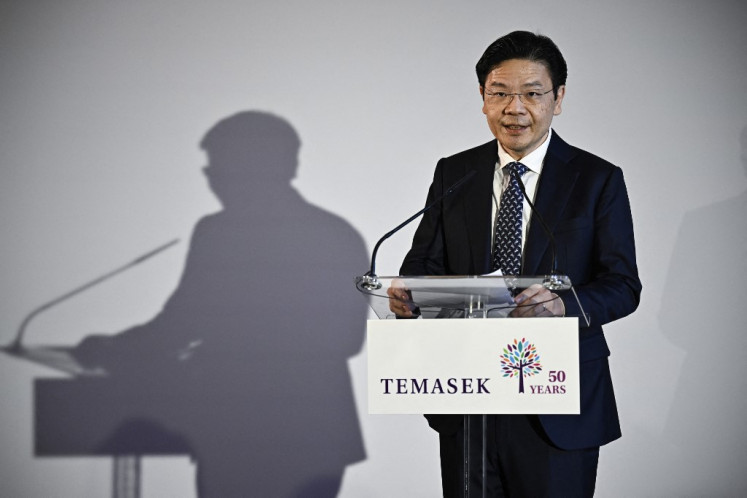ASEAN urged to appraise women's roles in sustainable agriculture
Oxfamâs Grow campaign policy coordinator, Riza Bernabe, has said that ASEAN should respect womenâs roles in agriculture, which he said were often disregarded
Change Size

O
xfam's Grow campaign policy coordinator, Riza Bernabe, has said that ASEAN should respect women's roles in agriculture, which he said were often disregarded.
'ASEAN must remember women when developing sustainable agriculture programs. There are women food producers, but they do not receive the same support from governments as men,' he said in a statement on the launch of Oxfam's new Harmless Harvest report on Tuesday.
'Women food producers are often mistakenly
counted primarily as housewives, governing the domain of household chores and child-rearing, and are therefore shut out of livelihood projects,' said Bernabe.
Oxfam says in its Harmless Harvest report that sustainable agriculture would help ASEAN nations cope in a changing climate. Sustainable agriculture will boost farmers' incomes and ensure food security without racking up huge quantities of greenhouse gas (GHG) emissions, which are behind global warming.
The report says one such sustainable practice is systems of rice intensification (SRI), a way of growing rice that optimizes harvests and incomes without degrading the environment.
Rice is a staple food in Southeast Asia nations, and a study by the International Rice Research Institute found that a 1 percent rise in minimum temperature during growing season could result in a 10 percent drop in rice yield.
According to an Intergovernmental Panel on Climate Change (IPCC) report, in Cambodia alone, intense floods and droughts accounted for 90 percent of rice production losses from 1996 to 2001. (ebf)(++++)









